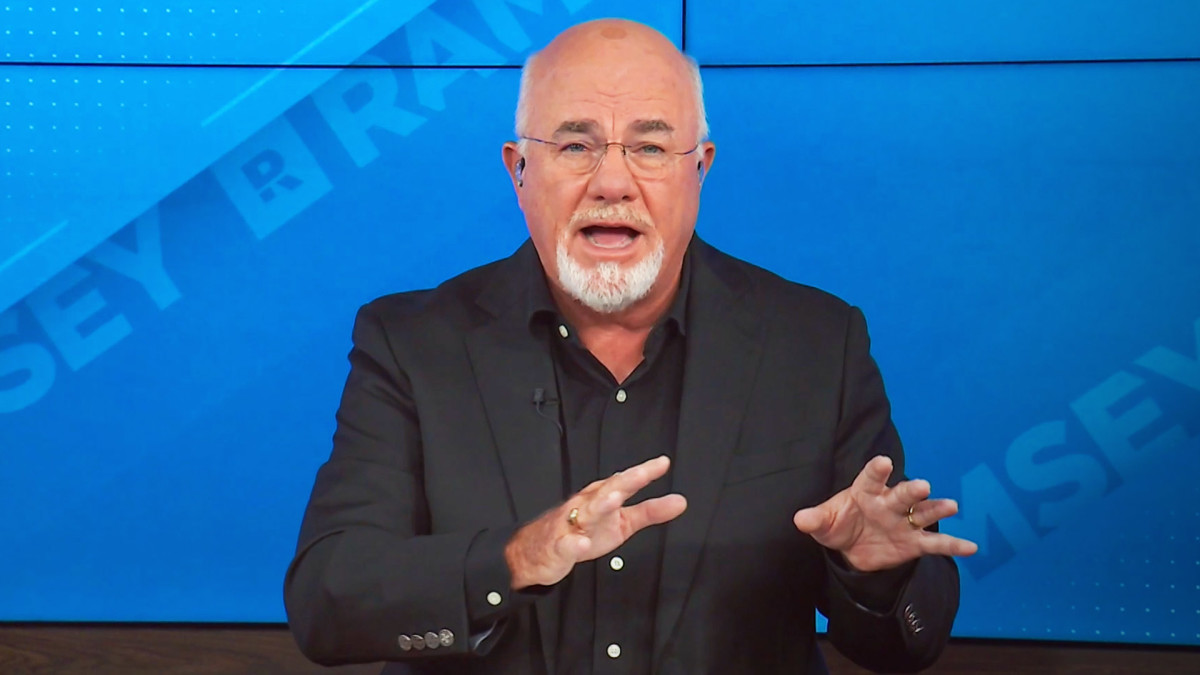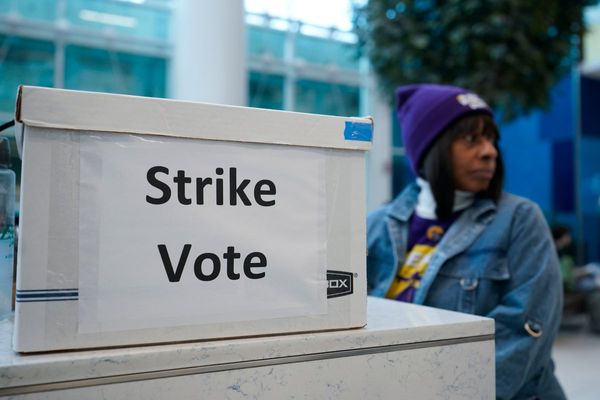
Bestselling author and personal finance personality Dave Ramsey has a few points of advice he talks about frequently.
Among them is coaching people to set aside an emergency fund and be debt free before taking on other big challenges.
Related: Beloved discount retailer faces significant bankruptcy risk
Ramsey believes this strategy makes those larger tasks, such as buying a house and investing for retirement, much easier and more fruitful.
Recently, a person seeking Ramsey's advice asked him about something she was experiencing in her personal life along these exact lines.
"Dear Dave," she wrote, according to KTAR News in Phoenix. "I have about $7,000 in debt to pay off before I can move to bulking up my emergency fund. When you're paying off debt, what do you recommend for 401(k) contributions?"
Ramsey generally offers simple advice when it comes to investing. Beyond setting up that emergency fund and getting out of debt, he suggests investing in good growth mutual funds and setting aside 15% of one's income in tax-advantaged retirement accounts.
Ramsey advises making one big temporary move
Responding to the advice-seeker, Ramsey had some straight talk about where to start.
"Dear Rae," he wrote, "I recommend putting a temporary stop to investing while you’re getting out of debt."
Ramsey elaborated on why this piece of advice seems to be a surprise for some who are trying to set up their future.
"Lots of people are shocked by this advice, and some disagree with it, because they're afraid of missing out on their employer's match or the wonders of compound interest," he wrote.
"But before we go any further, let me emphasize one thing," he continued. "The key word here is temporary."
Ramsey talked a bit about the pieces of advice he often suggests to those who are beginning to get their finances in order, which he calls baby steps.
"Baby Step 1 is to save $1,000 as a starter emergency fund. Baby Step 2 is paying off all of your debt, except for your home, from smallest to largest using the debt snowball plan," he wrote. "During this time, you're attacking your debt with incredible intensity, and putting every penny you can scrape together toward paying it off."
The radio talk show host explained how much time he believes it takes to get started.

Shutterstock
"Working my plan, the average person can pay off all their debt, except for their home, in 18 to 24 months," Ramsey wrote. "Some folks can do it faster, and for some it takes a little longer. But during this time I want your financial focus to be on nothing but getting out of debt. Once that's done, you'll find you have a lot more control over your biggest wealth-building tool — your income."
After this, Ramsey offered a few more words of advice and encouragement.
Trying to accomplish too many things at once diminishes the ability to focus. And when you spend all your time nickel-and-diming everything, the result is that nothing at all gets done very well. You need to really move the needle and see results, because personal finance is 80 percent behavior and only 20 percent head knowledge. It’s not so much a math issue, because if you’d been doing the math all along you wouldn’t have a bunch of debt.
That’s why, for a short period of time, I want you to concentrate with laser intensity on knocking out debt. Once that’s out of the way, you can pour even more money into investing, saving and giving!
Get exclusive access to portfolio managers and their proven investing strategies with Real Money Pro. Get started now.







